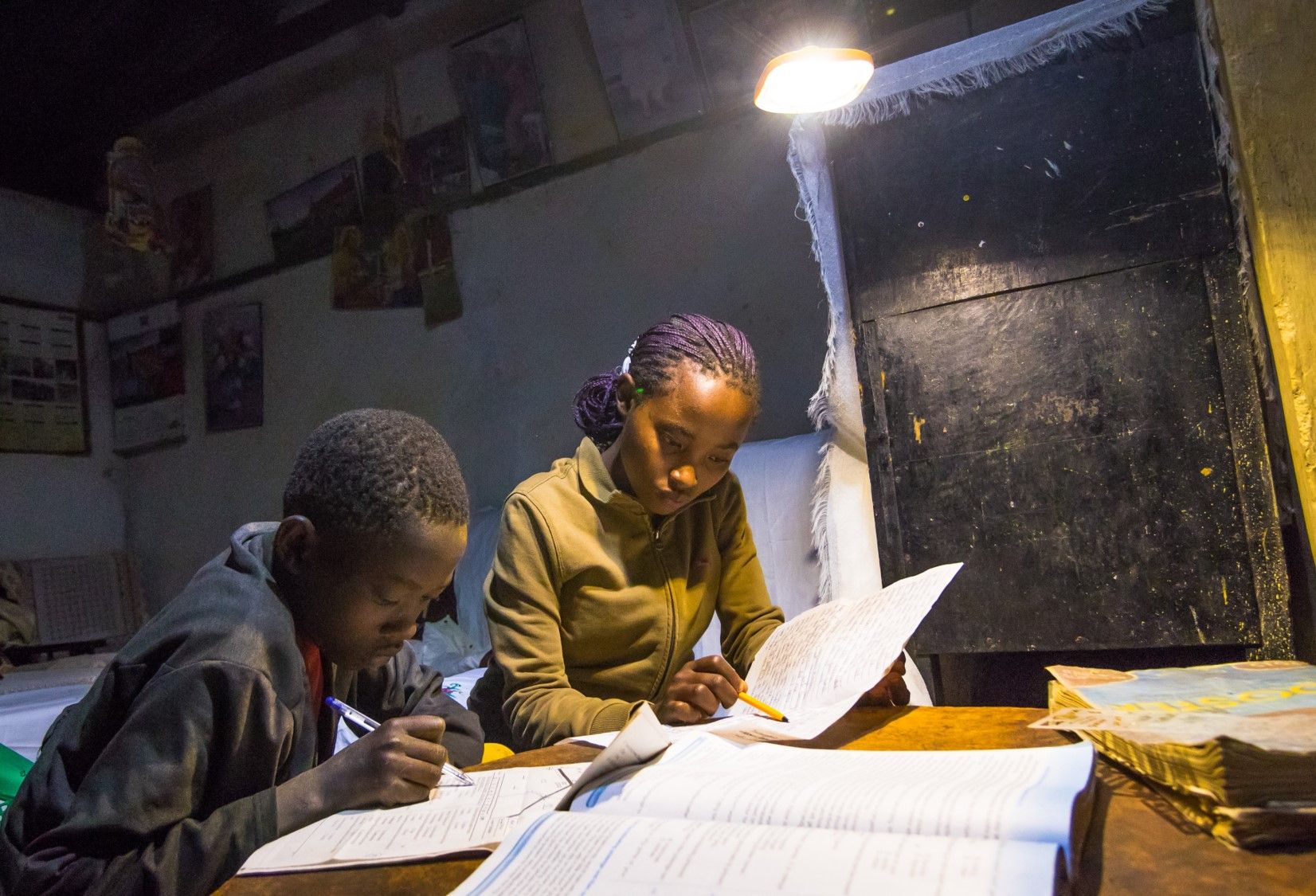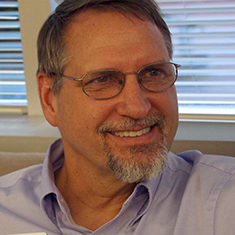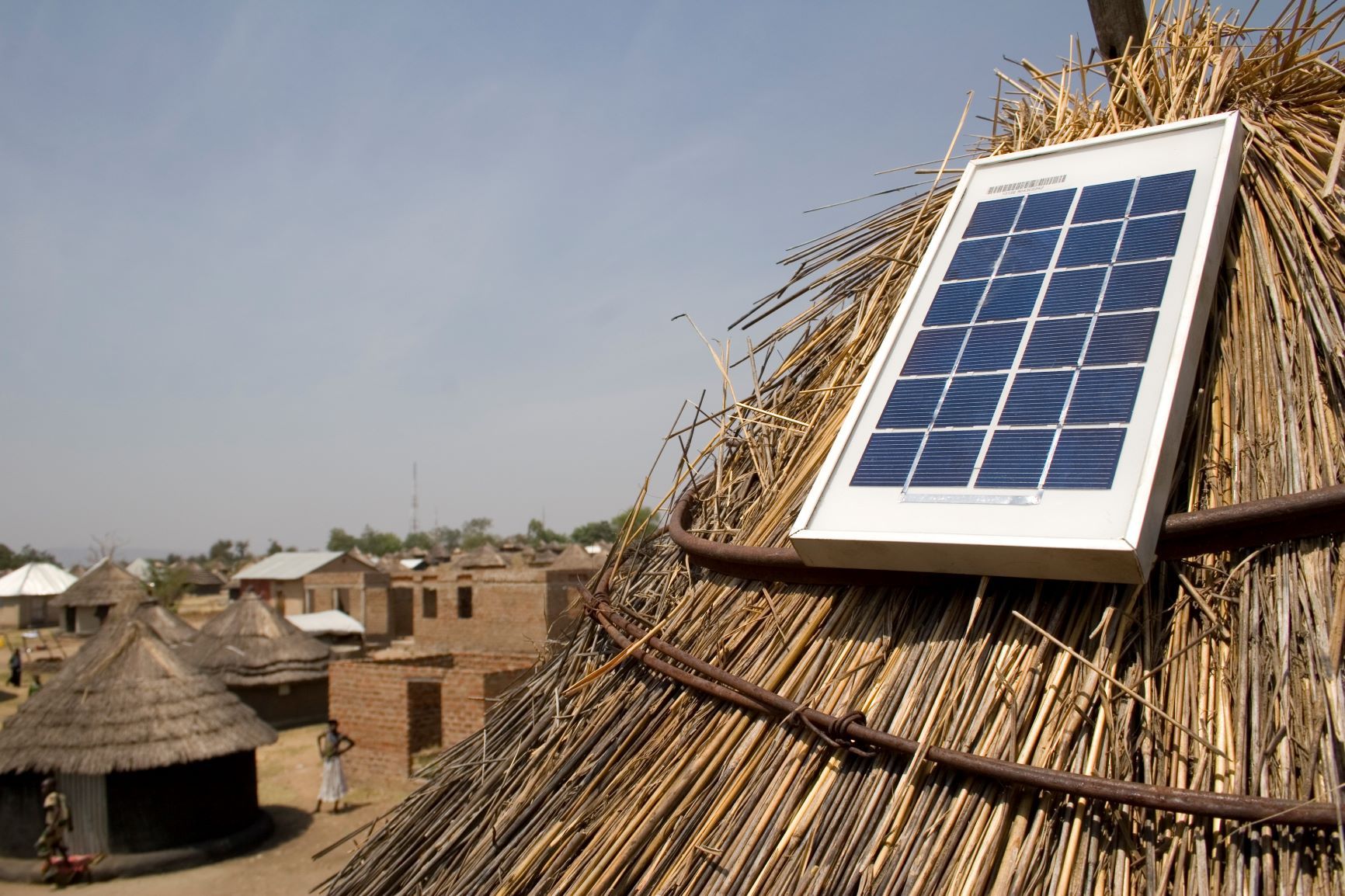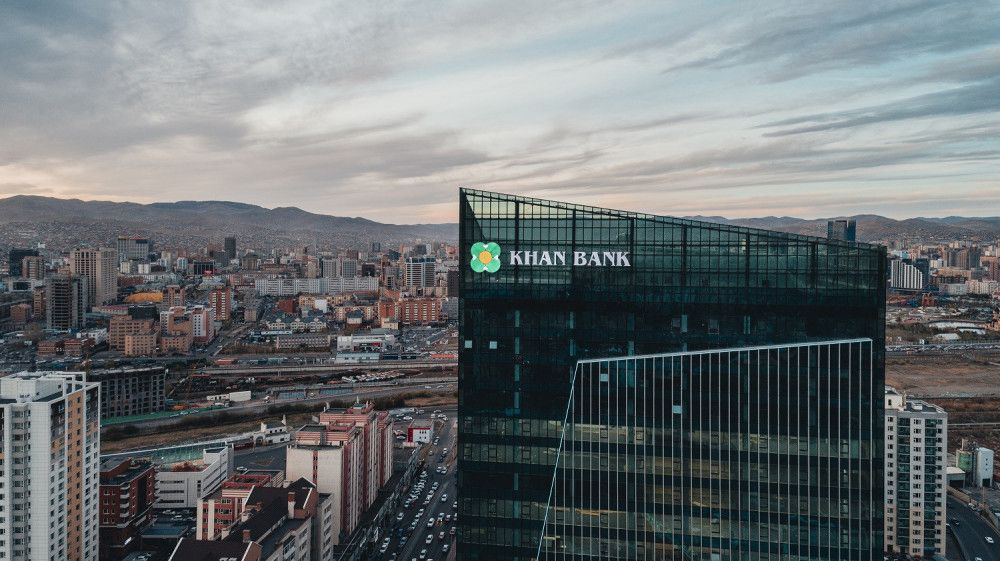Thousands of worthy businesses in Africa are struggling to raise capital. These companies are booming, earning healthy profits, creating jobs, and effectively mitigating carbon emissions by supporting local supply chains. But without capital, these businesses can’t invest in their infrastructure, expand their operations, or—and this is crucial for economic and social development—hire more workers.
Developing economies have long struggled to attract even a fraction of the capital that advanced economies enjoy. For example, African private equity investments totalled $7.7 billion last year, while private equity investments in North America approached $4 trillion.
That said, the comparative scarcity of capital in emerging markets means that deals done in emerging markets can have a relatively big impact on development, economic growth, and prosperity. Victor Basta, CEO of DAI Magister, says that deal sizes in North America or Europe are on average three times larger than those done in Africa, yet can yield the same results in terms of growth impact.
DAI Magister—DAI’s investment arm, offering full advisory services for transactions in the climate, deep tech, and fintech sectors—works with growth companies that have already raised one or two rounds of funding, have an average annual revenue of $30 million, and are growing 50 percent or more a year. According to Basta, DAI Magister is currently involved in about one third of large fundraises across the continent and these deals can generate immense impact.
Unemployment rates in many African markets are often high, says Basta—for example in Nigeria unemployment exceeds 30 percent and is projected to top 40 percent this year—while, on average, workers have around seven dependents. This means well-paying, stable jobs can have a huge impact on the health and well-being of a society as a whole.
The M-KOPA Example
One example is M-KOPA, a company that started in 2010 by developing a pay-as-you-go solar lighting solution in Kenya. Off-grid customers paid a deposit to purchase a solar panel kiosk to power essentials such as lights or phone chargers. Over the course of a year, customers slowly paid down the cost of the kiosk, using mobile money payments, until the device became their own.

In the years that followed, M-KOPA expanded, offering customers credit to purchase smart phones, motorbikes, and digital products such as solar-powered televisions. The company set up operations in Ghana, Nigeria, and Uganda, and launched a health insurance and loan service supporting low-income communities, finally reaching 2 million customers in 2022.
But in the past year, M-KOPA has achieved an even greater growth trajectory, thanks to fresh access to capital. In March 2022, Basta and his team helped facilitate a $75 million investment in M-KOPA led by Broadscale Group and Generation Investment Management. In the months that followed, the company rapidly expanded its customer base, reporting a total of 3 million customers in 2023. It now employs more than 15,000 people and has deployed some $1 billion in credit to underbanked communities. In May, the Financial Times ranked M-KOPA as one of Africa’s fastest-growing companies; its CEO has ambitions to expand to 10 million customers over the next few years.
It's hard to quantify how many lives have been improved by M-KOPA, but for people and businesses, access to finance and credit is a powerful impact multiplier. It enables people and households to finance everyday essentials and it enables companies to grow.
Basta says, “Raising money from commercial funds is arguably one of the most impactful ways to operate in a place like Africa, because growth companies have the potential to grow from $20 million in revenue and a few hundred people to $100 million in revenue and a few thousand employees. When you multiply all of that by seven and you look at the economic impact of that kind of money over time—it’s extraordinary.”






